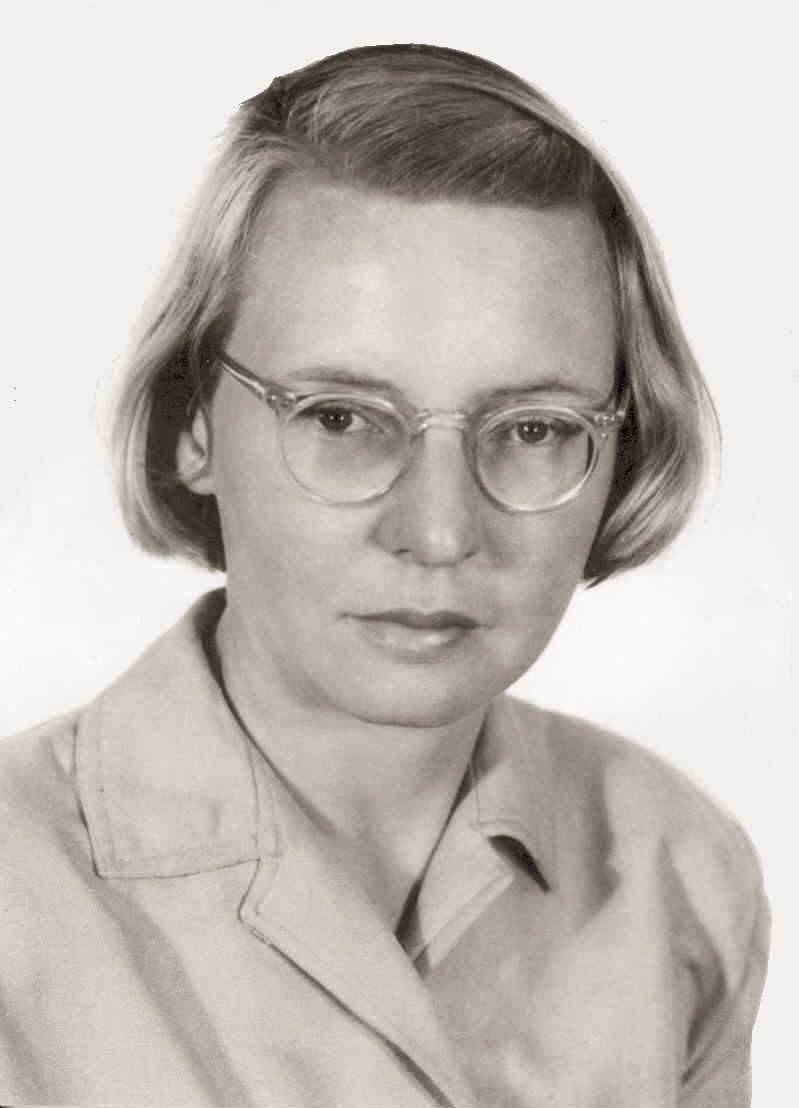
It is ironic that Australia’s first female radio astronomer, a woman later held-up as a source of Australian pride, was forced out of her research position by a governmental ban on employing married women in permanent positions in public service. Payne-Scott was born in New South Wales in 1912 and studied multiple disciplines at the University of Sydney, receiving degrees in physics and education. She went to work for Australia’s Commonwealth Scientific and Industrial Research Organisation (CSIRO), where she discovered new types of solar radio bursts. During WWII she conducted top secret research into radar technology and aircraft detection.
Payne-Scott fell in love with fellow scientist William Hall, but a ban on married women holding permanent governmental jobs meant that getting married would put her career in jeopardy. They decided to marry secretly, and their plan worked for several years until the head of a stricter CSIRO administration found out, and her job status was reduced to “temporary” (with the reduction of benefits that entailed). She continued working in this position until, a few months before giving birth to her son, she resigned – no maternity was leave available – and adopted her husband’s last name.
Although she never returned to CSIRO, she did return to science after raising her son and daughter, teaching math and science at an all-girls school for over a decade. She died in 1981. Payne-Scott made significant contributions to radiophysics and radio astronomy before she was pushed out, but we can only imagine the missed opportunities caused by the ban, which wasn’t repealed until 1966. In 2008, CSIRO introduced a career-development award in her honor that provides funding for workers re-entering the workplace.
Photo Credit: Peter Hall
[sharethis-inline-buttons]
